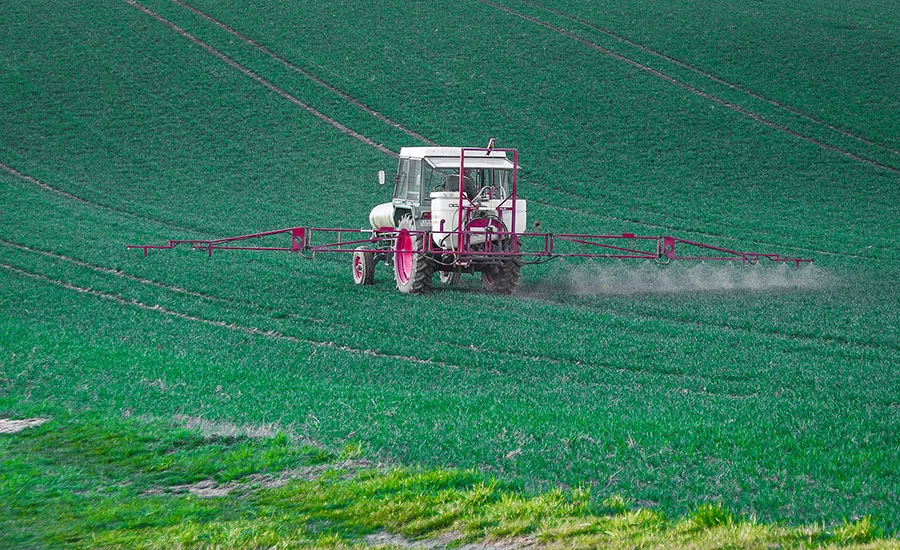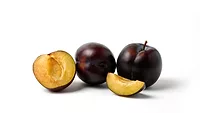FDA Issues FY 2019 Pesticide Report; Pesticide Levels Remain Low

The U.S. Food and Drug Administration (FDA) has issued its annual Pesticide Residue Monitoring Program Report for FY 2019. FDA tested for 812 pesticides and industrial chemicals across 4,692 total samples. The majority of samples had pesticide residues below the limits (known as “tolerances”) set by the U.S. Environmental Protection Agency (EPA). These results are consistent with the trend of low levels of pesticide residue violations over the past 8 years.
To protect the public, EPA sets tolerance levels on the amounts of pesticides, known as pesticide chemical residues, that may remain in or on some foods, since growers often use pesticides to protect their crops from insects, weeds, fungi, and other pests. FDA's role is to ensure that pesticide chemical residues, both in or on foods, comply with EPA tolerances. A food is in violation of federal standards when it has pesticide chemical residues above the ERPA tolerance, residues of pesticides that have no EPA tolerance, or residues of pesticides that do not have a tolerance exemption for that specific pesticide/commodity combination.
Overall Findings
In FY 2019, FDA tested 4,327 human food samples, and found that 98.7 percent of the 1,258 domestic and 89.1 percet of the 3,069 imported samples were in compliance with federal pesticide residue standards. FDA also found no pesticide chemical residues in 42.4 percent of domestic and 49.4 percent of imported human food samples.
Similarly, we tested 365 animal food samples. FDA found that 98.4 percent of the 127 domestic and 95.4 percent of the 238 imported samples were in compliance. FDA also found no pesticide chemical residues in 40.9 percent of the domestic and 43.7 percent of the imported animal food samples.
Supplemental Analysis
In FY 2019, FDA conducted a supplemental analysis to evaluate the effectiveness of its current sampling design which targets commodities and production sources that are likely to be higher risk. Historically, the violation rate for imported foods is higher than for domestic foods so every year approximately 70 percent of the commodities sampled are imports. FDA also identifies imported foods that warrant special attention (such as increased future sampling) because they have a violation rate of 10 percent or higher and meet other criteria.
For most commodities, FDA's current sampling and analysis strategies capture the commodities that truly warrant special attention. However, FDA determined that additional sampling is needed for commodities with violation rates near 10 percent or where the number of imports samples collected is relatively low. As a result, FDA has increased the number of samples requested for FY 2022 sampling for cabbage, lemons, lettuce, and soybeans.
Focused Sampling
FDA also analyzed 153 samples of domestic milk, shell eggs, honey, and game meat for pesticides under the “Domestically Produced Animal-Derived Foods” sampling assignment. None of the samples had a pesticide residue violation except for honey, where FDA found 2 violative samples out of the 62 samples collected. Overall, 88.9 percent of the samples from this focused assignment contained no residues.
Looking for quick answers on food safety topics?
Try Ask FSM, our new smart AI search tool.
Ask FSM →
FDA's Approach
When FDA identifies a domestic food sample that violates the federal pesticide standards, it may issue a warning letter to the responsible grower/manufacturer. FDA can also take other actions, such as seizing the food to remove it from the market or seeking an injunction to correct the cause of the violation.
When FDA identifies an imported food sample that violates federal pesticide standards, FDA may place the company and the food on an Import Alert to help prevent the food from entering the country, as appropriate. Products on import alert may be detained without border inspectors physically examining the shipment (known as “Detention Without Physical Examination”).
FDA employs a three-fold strategy to enforce the EPA’s tolerances for pesticide chemical residues. Through its regulatory pesticide residue monitoring program, it monitors a broad range of domestic and imported commodities. FDA may also collect samples of specific foods or test for pesticides of special interest, as it did with glyphosate before it was introduced into the routine monitoring program. In addition, FDA monitors the levels of pesticide chemical residues in food prepared for human consumption in its Total Diet Study, an ongoing program that monitors contaminants and nutrients in the average U.S. diet.
Together with the EPA and the U.S. Department of Agriculture, FDA takes its responsibility very seriously to keep food free of unsafe levels of pesticide chemical residues. The findings in its 2019 report demonstrate that the levels of pesticide chemical residues are generally below the EPA’s tolerances and are therefore at levels that do not pose a concern for public health.







.webp?t=1721343192)
